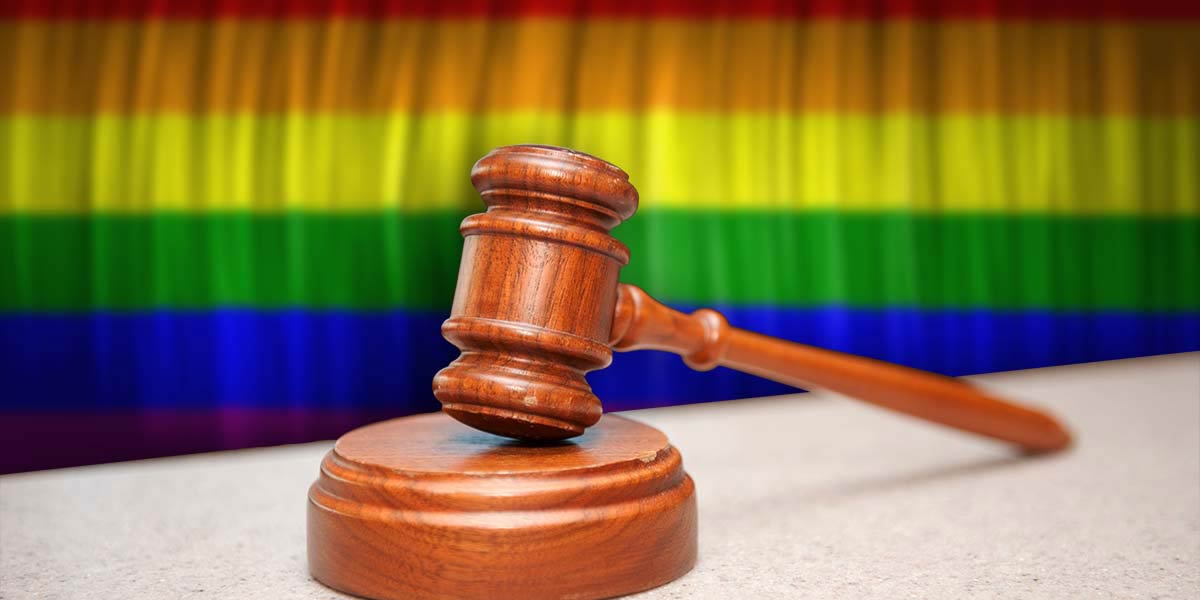Mauritius | Supreme Court considers legalising homosexuality

The Supreme Court of Mauritius has heard key evidence in a landmark case challenging the 183-year-old criminalisation of same-sex sexuality.
Abdool Ridwan Firaas Ah Seek, a 31-year-old human rights activist, has asked the court to consider the constitutionality of Section 250.
While cases of people being convicted under Section 250 are rare today, the law dates back to 1838 and is a relic of Mauritius’ colonial past. Those found “guilty of the crime of sodomy” could face a maximum penalty of five years’ imprisonment.
Ah Seek is being supported in his endeavour by the Collectif Arc-En-Ciel (CAEC), the largest and longest-standing organisation in Mauritius championing the human rights of LGBT people.
Giving evidence before the Court last week, Ah Seek said: “Because of this law, the threat of arrest hangs constantly over my head. It’s like the Sword of Damocles. I’m just a normal person, I pay my taxes. I don’t want to be considered a criminal.”
The case was originally filed at the Supreme Court on 25 October 2019. The next hearing in the matter is due to take place in early 2022.
“In courageously taking the stand as a witness, Mr Ah Seek has shown that the way in which adults lead their lives in close, consensual relationships in the privacy of their own homes should never be a matter for state interference. Archaic laws like Section 250 have no place in our modern, diverse, and democratic society,” commented Muriel Yvon, President of the CAEC in a statement.
“It is our greatest hope that the Supreme Court will relegate this law to the history books, and our country can finally live up to its reputation as a rainbow nation, where every citizen is treated fairly, equally, and with dignity,” she continued.
In an interview after the hearing, Gavin Glover SC, who represented Ah Seek, noted that this was “the first time in history the Supreme Court has heard a case challenging the constitutionality of Section 250 on its merits. This is already a great victory. Given the compelling evidence for striking down this law given by our witnesses today, I think we can be very hopeful for a positive result.”
Nicolas Ritter, Director of Communications of Coalition Plus, a regional network working on HIV prevention, added that “Section 250 is an obstacle to access to health care in Mauritius. It makes LGBT people invisible because they are afraid of the law and makes our work in HIV prevention and treatment more difficult because we cannot reach them.”
While LGBT people have some protections against discrimination in areas such as employment, education, accommodation, and the provision of goods, same-sex relationships are not recognised in Mauritius and the law does not allow transgender people to legally change their gender marker.
In 2018, the 13th annual Mauritius Pride street march was cancelled due to death threats from anti-LGBT protesters. The community nevertheless celebrated Pride at the Caudan Waterfront in Port Louis.
Leave a Reply